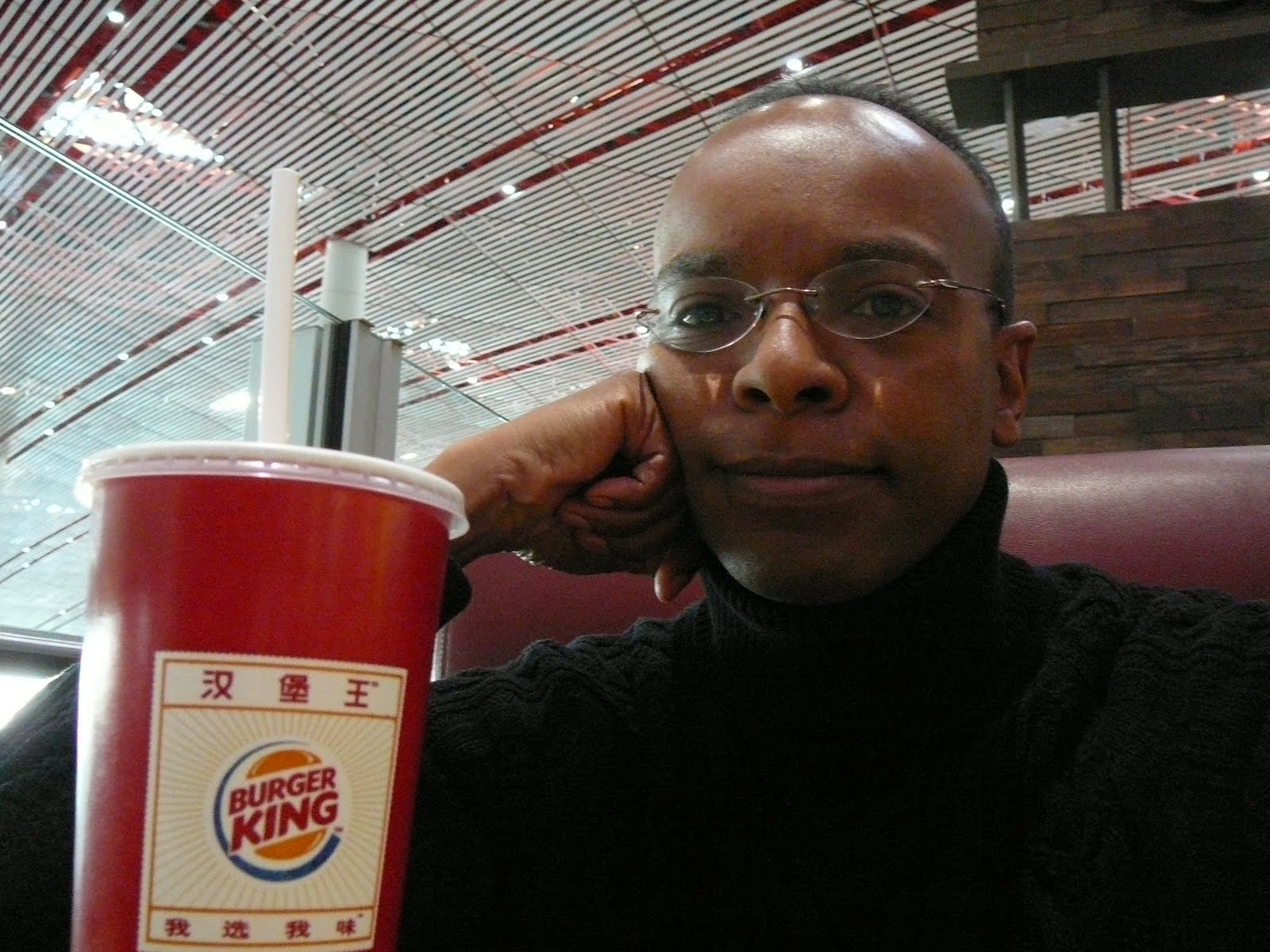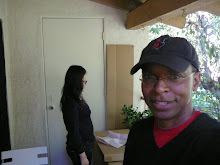
Happy holidays!
I am celebrating my first Christmas in Beijing. Christmas is celebrated in China basically the same as it is in most other Asian countries. It is a holiday geared toward purchasing gifts and collecting wishes, and giving them to the people you care about. Yet no one really pushes hard to take time off from work for this holiday, unlike, for example, Tomb-Sweeping Day. I guess that's because Christmas is the first in a chain of heavier holiday revelry that includes Spring Festival and Chinese New Year, which arrive in quick succession during the next six weeks.
If you are dreaming of a white Christmas in Beijing, don't bother waking up. The only flakes falling around the city are from the clouds of dust and sand that blow-in from the northwest. The Gobi Desert is only a few hundred miles from Beijing, and Christmas is the start of a cold and very dry winter season. Any amount of rain or snow would clear the air and ground of all the dirt. I'm just dreaming of a clean Christmas at this point.
But I like Christmas in China for its honesty. The holiday spirit is top-heavy on merchandising. It is marked with decorative displays borrowed from the West, mostly Christmas trees. Not real trees, but strings of lights and tinsel covering a towering cone-shaped frame set-up in front of a multi-level shopping mall. I especially like it when the light-draped tinsel frame disguises, say, an ugly heating & cooling unit. On occasion, you may see a Santa's North Pole workshop display inside the mall, but it's usually lost amid the wide variety of kiosks and counters selling ladies' cosmetics and high-heeled leather boots.
Christmas music sets the mood for the holiday, just like in the West. Except you rarely hear Christmas carols with a faith-based theme, like "It Came Upon A Midnight Clear," or "We Three Kings." Instead, it's the favorites with broad-based appeal, including "Frosty the Snowman", "Rudolph the Red Nosed Reindeer", and "We Wish You A Merry Christmas." Pop music classics are also widely heard, with a clear preference for Wham's "Last Christmas" and other Euro-centric holiday hits. For whatever reason, one popular version of "Jingle Bells" carries the banal beat from the Macarena ("...jing-le bells, jing-le bells, heyyyyy maca-rena!" Are you kidding me?). What I'd give to hear Springsteen's "Santa Claus is Comin' to Town", or Elvis' "Blue Christmas." I'd even accept Hall & Oates' cheesy 80s version of Bobby Helms' "Jingle Bell Rock."







 I have a toaster.
I have a toaster.
